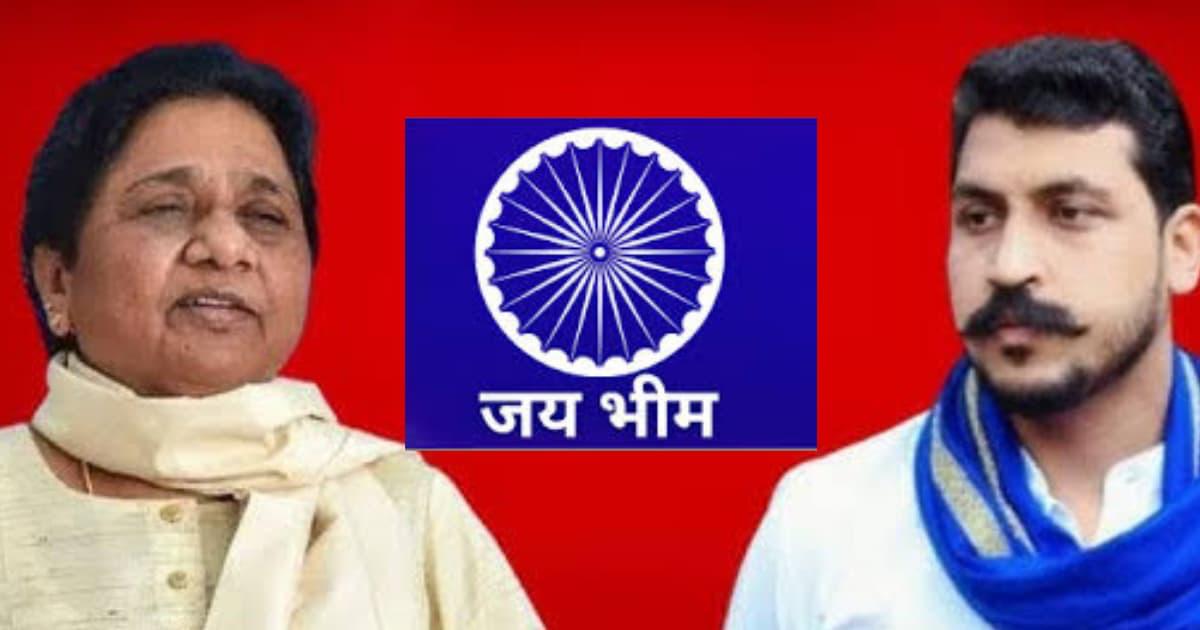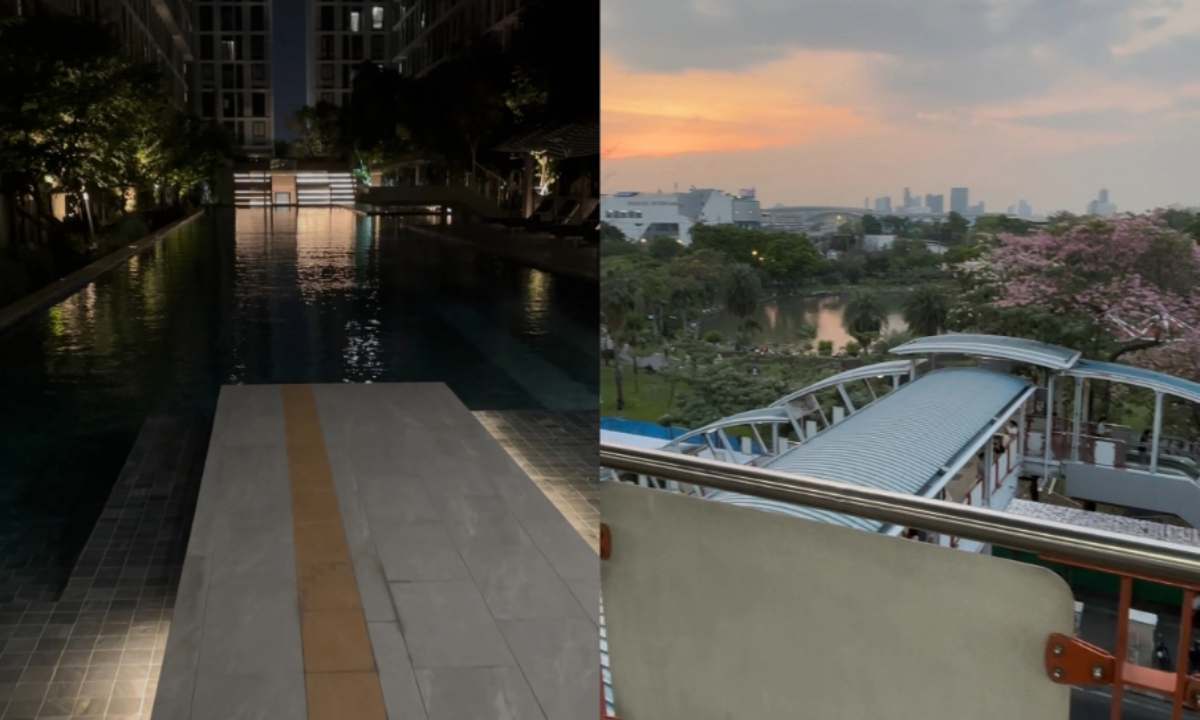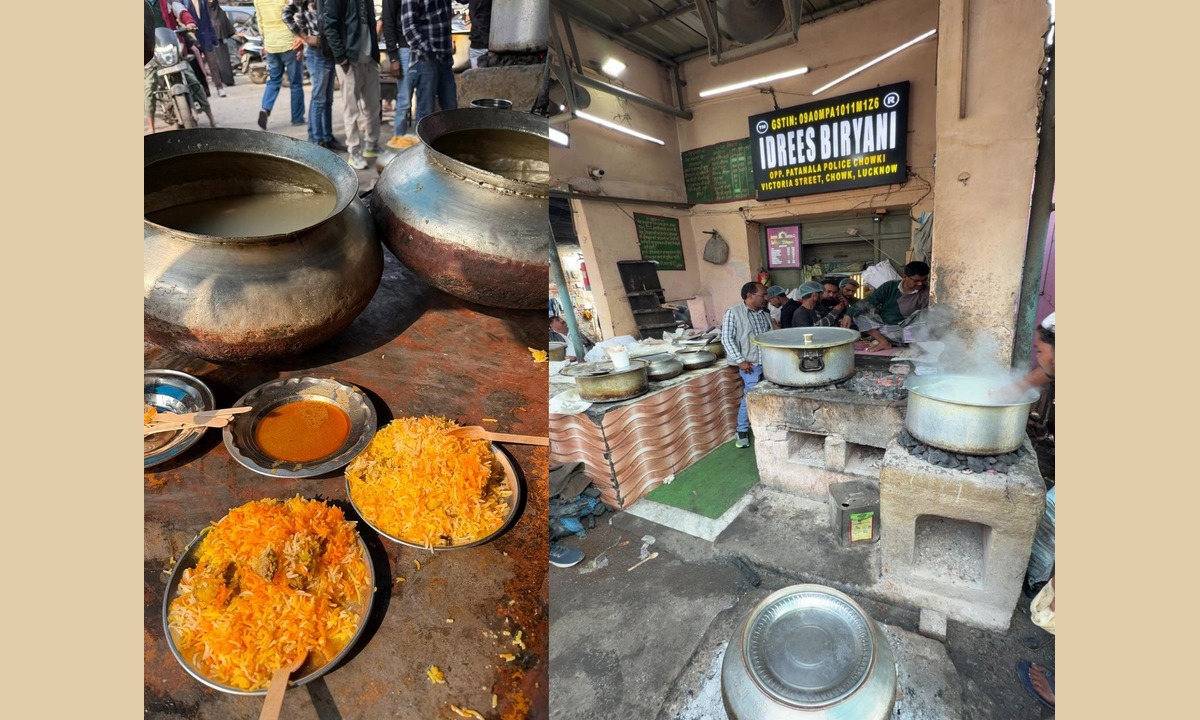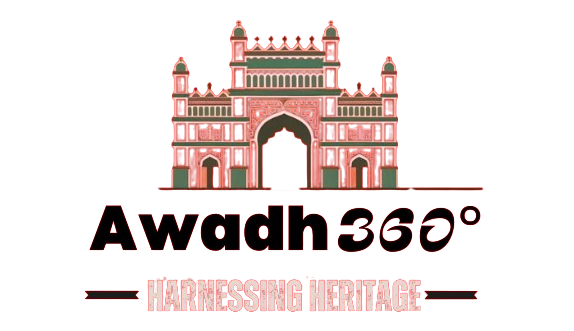
Dalit Leadership in UP at Crossroads After Disappointing Bypoll Results
The Uttar Pradesh bypoll results, declared yesterday, confirm a continuation of trends observed during the April 2024 Lok Sabha elections: Dalit leadership, once a dominant force in the state’s political landscape, is increasingly fragmented and marginalised. While Dalit leader Chandrashekhar Azad achieved a breakthrough by entering the Lok Sabha earlier this year, his party, the Azad Samaj Party (ASP), failed to secure any wins in the bypolls, raising questions about his capacity to sustain and scale his political movement. Meanwhile, the BJP continues to consolidate power, while the Samajwadi Party (SP) struggles to break through in key constituencies.
Ground Data from the 2024 Elections
In Uttar Pradesh bypolls, BSP's electoral slide continued in Uttar Pradesh, with the party failing to open its account in the bypolls.
BSP candidates were pushed to the third spot in seven seats, while in two seats, they finished a dismal fifth, below even Azad Samaj Party (Kanshi Ram), and AIMIM candidates.The party's poor show opened it to the charge of being a "vote katva" -- a term meant to accuse the BSP of cutting into votes of Samajwadi Party, especially in Katehari and Phulpur, in favour of the Bharatiya Janata Party (BJP).
In the 2024 Lok Sabha elections, the NDA continued its dominance, winning 33 (BJP), 2 (RLD) and 1 AD(S) out of 80 seats. The SP managed 37 seats, while its ally Congress won 6. Meanwhile, the Azad Samaj Party won only Nagina. Despite the presence of Dalit-majority constituencies, the BSP’s failure to secure even one victory highlights its fading influence.
BSP’s Collapse and Leadership Crisis
The Bahujan Samaj Party (BSP), once synonymous with Dalit empowerment, finds itself at its lowest ebb. After contesting 488 seats in the 2024 Lok Sabha elections and failing to win even a single one, the party repeated its dismal performance in the bypolls. The BSP’s failure in Dalit-dominated constituencies like Nagina, where it placed a distant fourth in April, underscores the erosion of its voter base.
Mayawati’s leadership faces sharp criticism from opposition parties and her own supporters alike. Accusations of her alleged tacit alignment with the BJP, including splitting Muslim votes in tightly contested seats, have damaged the party’s credibility. Her nephew and political heir, Akash Anand, who debuted during the Lok Sabha campaign, has yet to demonstrate the leadership needed to revitalise the party.
Chandrashekhar Azad: A Mixed Picture
Chandrashekhar Azad’s historic Lok Sabha victory from Nagina, where he defeated the BJP by over 1.5 lakh votes, symbolised a potential revival of Dalit politics. Running on the platform of “Kanshi Ram ji ke sapne,” Azad galvanized younger Dalits disillusioned with the BSP. However, the bypoll results exposed the limitations of his fledgling movement. Despite fielding candidates in key constituencies, the Azad Samaj Party failed to win a single seat, reflecting the difficulty of translating grassroots mobilization into electoral success on a broader scale.
Azad’s challenge now is to build an organisation capable of sustaining his initial momentum while expanding his appeal beyond Dalit youth to other marginalised groups. His presence in the Lok Sabha may allow him to amplify his voice, but his party’s inability to make an impact in the bypolls indicates a long road ahead.
SP and BJP: Contrasting Fortunes
The bypoll results reaffirm the BJP’s dominance in Uttar Pradesh. Leveraging its extensive organisational machinery and welfare schemes targeted at marginalized groups, including non-Jatav Dalits, the BJP has continued to consolidate its position in both reserved and general constituencies. The party’s victories in key bypoll seats such as Ghosi and Ballia further demonstrate its ability to retain its voter base, including sections of the Dalit community that have benefited from its policies.
The Samajwadi Party (SP), under Akhilesh Yadav, remains the primary opposition to the BJP in Uttar Pradesh. While the SP has made efforts to court Dalit and Muslim voters, its gains have been uneven. The bypoll results show that the SP can pose a credible challenge in some constituencies but lacks the grassroots penetration necessary to counter the BJP’s dominance across the state.
Fragmentation of Dalit Votes
The BSP’s collapse and the ASP’s limited reach reflect the fragmentation of Uttar Pradesh’s 21% Dalit voter base. While Jatavs, the BSP’s core supporters, remain loyal to Mayawati to some extent, non-Jatav Dalits such as Pasis, Valmikis, and Khatiks have increasingly shifted toward the BJP. This realignment, combined with the lack of a cohesive Dalit leadership, has diluted the community’s political influence.
Chandrashekhar Azad’s rise has introduced a new dynamic, but his inability to consolidate Dalit votes across sub-castes or form alliances with other opposition parties remains a significant obstacle. Meanwhile, the SP has been unable to fully capitalize on the Dalit-Muslim vote bank, as the BJP continues to make inroads by promoting micro-caste leaders and offering welfare benefits.
Implications for Dalit Representation
The absence of the BSP from the Lok Sabha and the failure of the ASP in the bypolls raise serious concerns about Dalit representation in Uttar Pradesh. Critical issues such as caste-based violence, economic disparities, and land rights risk being sidelined in a political environment increasingly dominated by the BJP’s developmental agenda and the SP’s identity-based coalitions.
While Chandrashekhar Azad’s presence in the Lok Sabha offers hope for a renewed focus on Dalit issues, the lack of organizational strength and electoral success at the grassroots level limits his ability to lead a broader movement. The BSP’s stagnation further exacerbates the vacuum in Dalit politics, leaving the community divided and politically adrift.
The Road Ahead
The bypoll results serve as a wake-up call for Dalit leadership in Uttar Pradesh. The BSP must undertake a comprehensive overhaul of its strategy, leadership, and grassroots engagement if it hopes to remain relevant. Mayawati and Akash Anand need to rebuild trust among their core voter base while expanding their appeal to younger, politically conscious Dalits.
For Chandrashekhar Azad, the focus must shift to building a robust party structure, forging alliances, and developing a clear electoral strategy to consolidate his position as a credible Dalit leader. His campaign’s reliance on symbolism must be complemented by tangible results and a broader, inclusive agenda.
As the BJP continues to consolidate power and the SP struggles to fill the opposition vacuum, Dalit politics in Uttar Pradesh stands at a crossroads. Without a united and strategic effort, the community risks losing its hard-won political voice in a state that has long been the epicenter of Dalit empowerment. The challenge is immense, but so is the need for a renewed, cohesive, and effective Dalit leadership.
Popular Categories
Read More Articles
Travel and Tourism
Travel to Thailand gets costlier: International passenger service fee to jump 53% from June by Awadh 360° Desk February 22, 2026Travel and Tourism
Thailand Extends Visa-Free Stay for Indians to 60 Days, Allows 30-Day Extension by Awadh 360° Desk February 19, 2026Travel and Tourism
Lucknow or Zaike: A City Remembered Through Taste by Mohammed Syed Zaid February 11, 2026Business
What's Up With WhatsApp? by Prateek Shukla February 9, 2026



